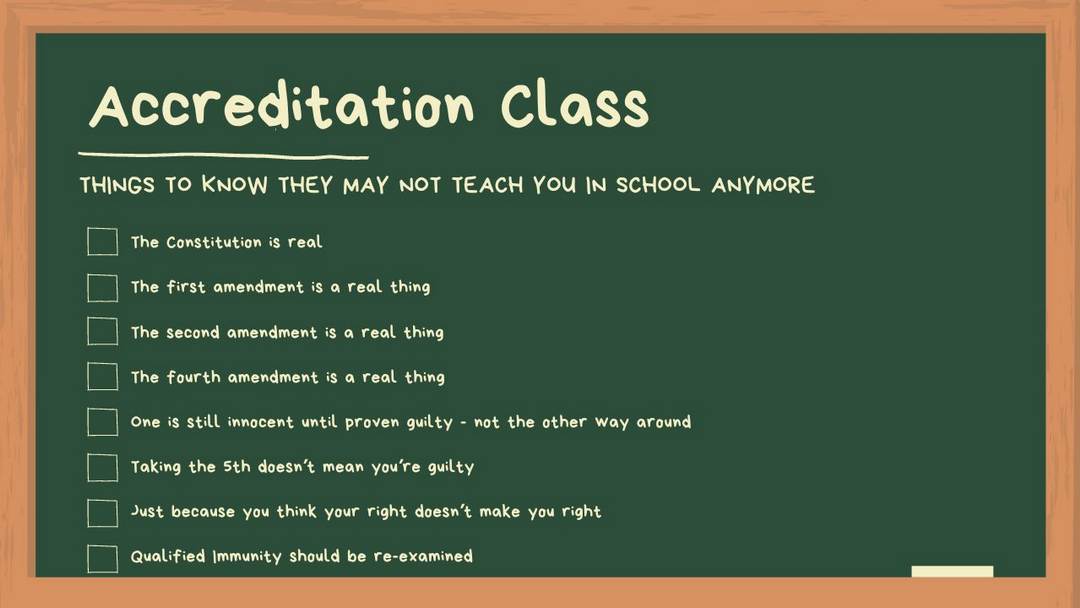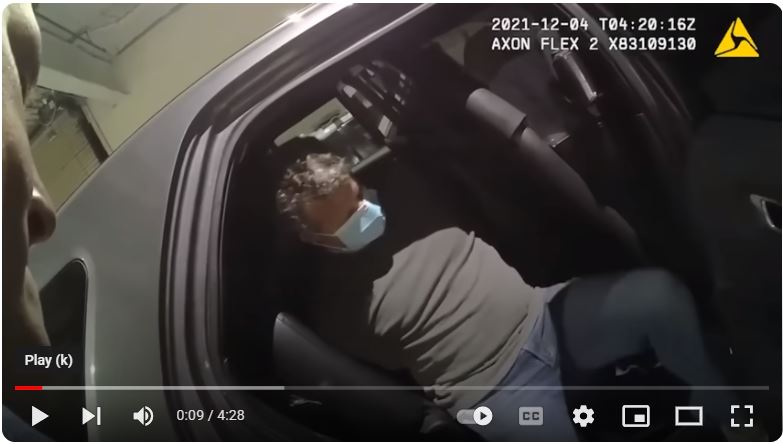Effective February 13, 2024
On February 6, 2024, the Michigan Supreme Court issued ADM File No. 2023-24, which adopts amendments to MCR 3.701 and the addition of MCR 3.715, .716, .717, .718, .719, .720, .721, and .722, effective February 13, 2024.
These changes follow the creation of the Extreme Risk Protection Order Act and amendments to the Firearms Act, the Code of Criminal Procedure, and the Revised Judicature Act in May of 2023.
- MCR 3.715 Definitions. Several terms are defined within this rule, including “complaint,” “existing action,” “minor,” “petitioner,” and “respondent.” In addition, MCR 3.715 indicates that the terms “dating relationship,” “possession or control,” “family member,” “guardian,” “health care provider,” “law enforcement agency,” and “law enforcement officer,” mean those terms as defined in MCL 691.1803.
- MCR 3.716 Commencing an Extreme Risk Protection Action. An extreme risk protection action is an independent action commenced by filing a complaint with the family division of the circuit court. A complaint may be filed regardless of whether the respondent owns or possesses a firearm and must be prepared on a form approved by the State Court Administrative Office and submitted with the complaint. An extreme risk protection action may only be commenced by
- the spouse or former spouse of the respondent;
- an individual who has a child in common with, has or has had a dating relationship with, or resides or has resided in the same household as the respondent;
- a family member;
- a guardian of the respondent;
- a law enforcement officer; or
- a health care provider, under certain circumstances.
MCR 3.716 also details requirements for the complaint, a complaint against a minor, and venue.
- MCR 3.717 Dismissals. Except as otherwise specified in the rules, an action for an extreme risk protection order (ERPO) may only be dismissed upon motion by the petitioner prior to the issuance of an order.
- MCR 3.718 Issuing Extreme Risk Protection Orders. Except as otherwise provided in the rule, the court must rule on a request for an ex parte order within one business day of the filing date of the complaint and must expedite and give priority to ruling on a request for an ex parte order. MCR 3.718 also specifies the factual requirements for granting an ex parte order as well as the procedures for immediate emergency ex parte orders, an anticipatory search warrant, and hearings. The court must expedite and give priority to hearings required by the extreme risk protection act and must schedule a hearing for the issuance of an ERPO under certain circumstances detailed in the rule.
- MCR 3.719 Orders. This rule details the form and scope of an order and stipulates the respondent’s response requirements, along with restrictions on concealed weapons and the process for surrendering firearms. Service, notice, and clerk of the court responsibilities are also covered in MCR 3.719.
- MCR 3.720 Modification, Termination, or Extension of Order. The petitioner may file a motion to modify or terminate the ERPO and request a hearing after the order is issued. The respondent may file one motion to modify or terminate an ERPO during the first six months that the order is in effect and one motion during the second six months that the order is in effect.
- MCR 3.721 Contempt Proceedings for Violation of Extreme Risk. In general, an ERPO is enforceable under MCL 691.1810(4)–(5), 691.1815(4), and 691.1819(4). MCR 3.721 outlines the guidelines for motions to show cause, service, search warrants, arraignment, pleas of guilty, scheduling or postponing hearings, prosecution after arrest, and violation hearings.
- MCR 3.722 Appeals. Appeals must generally comply with subchapter 7.200. Either party has an appeal of right from
- an order granting, denying, or continuing an ERPO after a hearing under MCR 3.718(D); or
- an order granting or denying an extended ERPO after a hearing under MCR 3.720(B).
The respondent has an appeal of right from a judgment of sentence for criminal contempt entered after a contested hearing.
The respondent has the lawful right to appeal a judgment of sentence for criminal contempt entered following a contested hearing.
Chief Justice Clement concurred with the proposed adoption of the ERPO court rules, but she wrote separately to address her concerns regarding inconsistent legal terminology used in the Extreme Risk Protection Order Act..
Among other linguistic inconsistencies, she emphasized that the Act “requires an individual to file “a summons and complaint” to initiate an ERPO action” but the nature of ERPO actions is consistent with that of a petition—not a complaint.
The Michigan Supreme Court has developed a range of SCAO forms aligned with the ERPO, showcasing their commitment to effective legal documentation.:
See the Court’s February 7, 2023 memorandum for more info.
Court Form Information
https://www.courts.michigan.gov/4908b5/siteassets/forms/scao-approved/recent-revisions/eoc_erpo.pdf
Related Articles
Marijuana grow busted as feds investigations trend in more states
The DEA is investigating international criminal organizations that are operating illegal marijuana grows in about 20 states, including Maine.The significant electricity usage in a residence, its windows concealed with cardboard, and the scent of marijuana caught the...
A visit with a kick
POW - Right in the Kisser. Businesses watch out for the lawA Pennsylvania-based convenience store chain was hit with a lawsuit by the Biden administration at the same time the president stopped by one of their locations on the campaign trail. Sheetz is being accused...
Woman tried to board flight with 56 pounds of marijuana
Woman allowed airport police to check her luggage, had name tag on bags, according to reportsBefore a 21-year-old Memphis woman could board an United Airlines flight, Memphis International Airport Police found 56 pounds of marijuana in her luggage, according to...
Oregon governor signs a bill recriminalizing drug possession
Oregon governor signs a bill recriminalizing drug possession into lawOn April 1, 2024, Oregon Governor Tina Kotek signed House Bill 4002 into law, effectively recriminalizing the possession of small amounts of certain controlled substances. This legislation marks a...
More Posts

Legal Consequences of Rescheduling Marijuana – 2024
Legal Consequences of Rescheduling Marijuana Jan 2024 a report from the Congressional Research Service.

Scientists Discover The Reason Cannabis Causes The Munchies
For the first time, scientists have uncovered the precise neurological impacts of cannabis use that give rise to the phenomenon famously referred to as the "munchies,"...

Maker of CBD products asks court to decide
The Petitions of the Week column highlights a selection of cert petitions recently filed in the Supreme Court. A list of all petitions we’re watching is available here....

Transcription of the 1789 Joint Resolution of Congress Proposing 12 Amendments to the U.S. Constitution
This information was taken from archives.gov. One should assume it is factual... but assuming information is a fact is a perilous assumption. Here is what you paid...

New laws for 2024 – Buckle Up
States nationwide will welcome the upcoming year with the implementation of laws tackling crucial matters such as gun violence, book bans, and the introduction of...

Biden Issues More Cannabis Pardons but…
Joe Biden has extended pardons for individuals charged with simple cannabis possession and use, yet disappointingly, he has refrained from granting clemency to those...

Working With and Not Against, IRS Revenue Code 280E
Cannabis operators face IRS Revenue Code 280E restrictions, but smart tax planning and strategies allow entrepreneurs to mitigate its impact on their business.Komorn...

Department of Attorney General Prepares for MLEAC Accreditation
LANSING – The Michigan Department of Attorney General (DAG) recently welcomed a team of assessors from the Michigan Law Enforcement Accreditation Commission (MLEAC)....

Oklahoma’s wild marijuana market is about to shrivel
The world's weed market, once booming with nearly 14,000 licensed medical marijuana businesses at its peak, has experienced a steady decline since Oklahoma voters...

400K settlement after being arrested for a DUI, even though he passed breath and blood tests
A Colorado man is poised to receive a $400,000 settlement from city authorities after being wrongfully arrested for a DUI, even though he had passed both a breath and...













